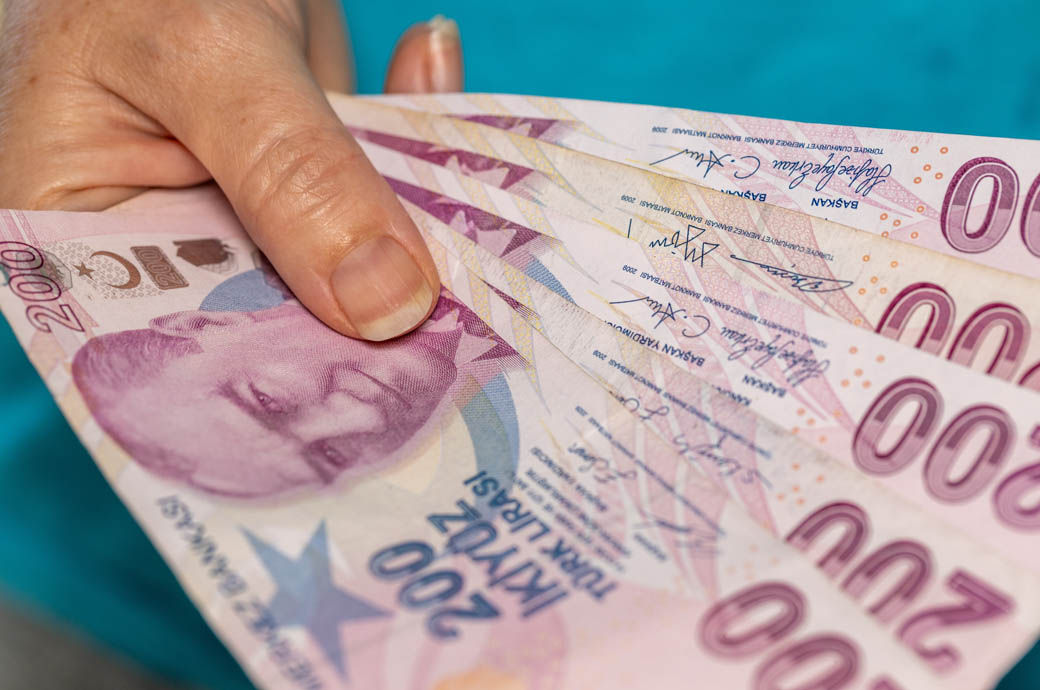
"In the medium term, a further drop in inflation would boost confidence, and growth would rise back toward potential of 3.5-4 per cent," the IMF said in a release.
Headline inflation in the country has started easing this summer, but still it remains high, it noted.
"Despite favourable base effects, still-strong inertia would keep inflation at around 43 per cent at end-December," it said.
A tighter policy mix focused on fiscal policy would reduce risks and reduce inflation quicker and in a sustainable manner, it said. A larger and more front-loaded fiscal consolidation is needed to help reduce inflation.
Türkiye's annual inflation rate was at 61.78 per cent in July, slowing from 71.60 per cent in June, and down from 75.45 per cent in May.
The IMF said the country’s central bank "should continue smoothing temporary exchange rate volatility while avoiding undue real appreciation, and replenish reserves buffers opportunistically" until sequential inflation is on a sustainable downward trend.
"As inflation falls and reserve buffers improve, intervention can be scaled back, and allow the exchange rate to act as a shock absorber," it noted.
The country’s current account deficit, meanwhile, declined to 2.7 per cent of GDP in the first quarter (Q1) this year, and is estimated to fall to around 2.2 per cent of GDP next year.
“Strengthening policy frameworks, addressing barriers to SMEs [small and medium enterprises], improving labour market functioning, and speeding the green transition would boost medium-term growth and make it greener and more evenly distributed. Priorities include reforms to reduce informality, increase labour market flexibility, and boost female labour force participation,” the IMF added.
Fibre2Fashion News Desk (DS)